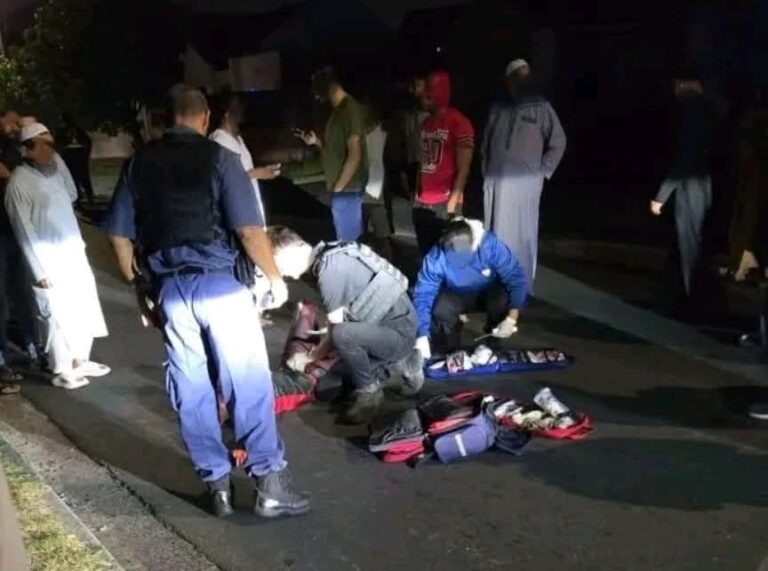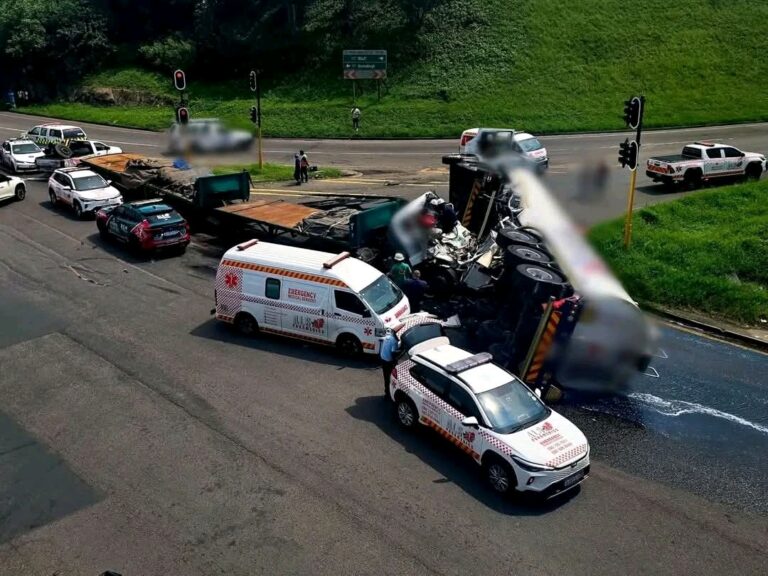
On 27 March 2025, the South African community of Sebokeng, Gauteng, was shaken to its core by the brutal killing of 24-year-old Nokuthula Ndhlovu. In what authorities have described as an act of extreme violence, Nokuthula was allegedly murdered by her boyfriend at a small farm on the outskirts of the township. Her untimely death has become a painful reminder of the rampant gender-based violence (GBV) and femicide that continues to claim the lives of women across the nation.
Friends, family, and activists alike were devastated when news broke of Nokuthula’s passing. Described by those closest to her as a vibrant young woman with an infectious smile and a passion for community upliftment, she had dreams of becoming a social worker and dedicating her life to helping survivors of abuse. “She was the kind of person who would give you the shirt off her back,” said a childhood friend. Now, that same spirit of generosity and warmth has been cruelly extinguished.
Immediately following the crime, Nokuthula’s boyfriend voluntarily surrendered to Sebokeng police, an action that did little to console those demanding justice. Although he has been charged with murder, he applied for bail and is scheduled to appear again on 16 May 2025 at Sebokeng Magistrate’s Court. The prospect that he might secure temporary release has reignited outrage among activists, who argue that granting bail in femicide cases sends a message of impunity and undermines public confidence in the legal system’s ability to protect vulnerable women.
South Africa’s GBV crisis has reached harrowing proportions. Official statistics show that someone is murdered by an intimate partner every three hours, yet civil society groups maintain that under-reporting is rampant and actual figures are undoubtedly higher. In this context, Nokuthula’s death is far from an isolated tragedy—it forms part of a broader pattern of violence that many believe should be declared a National Disaster. Calls for this formal designation have grown louder in recent months, as survivors and advocacy organisations press the government to allocate emergency resources for prevention, support services, and prosecutions.
Social media has become a powerful platform for mourning and mobilising. Hashtags such as #WomenForChange, #SayHerName, #UnburyTheTruth, and #EnoughSaid have been used to demand swift justice, systemic reform, and a shift in societal attitudes that too often blame victims and excuse perpetrators. At candlelight vigils across the country, participants read aloud the names of women slain by partners, reminding authorities—and each other—that behind every statistic lies a human life cut tragically short.
As the legal process against Nokuthula’s accused killer unfolds, the pressure is mounting on policymakers to act decisively. Advocates are demanding stricter bail guidelines in GBV cases, specialized training for police and magistrates, and an expansion of shelters and counselling services. Some propose establishing mobile rapid-response teams to intervene in high-risk situations, while others call for integrating GBV education into school curricula to challenge toxic masculinity from an early age.
Nokuthula Ndhlovu’s family has appealed for privacy as they navigate their grief, but they have also voiced solidarity with the broader movement to end gender-based violence. In a statement released through their spokesperson, they said: “We mourn our daughter, our sister, and our friend. We honour her memory by demanding change. No more mothers, daughters, sisters, or friends should die this way.”
Her life, though tragically brief, has become a catalyst for renewed national resolve. As South Africa grapples with the devastating toll of GBV and femicide, the question posed by activists reverberates with painful urgency: how many more lives must be lost before we declare this a crisis worthy of the greatest possible emergency response? Rest in power, Nokuthula. Your name will not be forgotten—and your death will not be in vain.




